Anxiety is common in children. While medication can help for some people, there are many effective ways parents can help reduce a child’s anxiety without medication.
This guide provides tips to help kids manage anxiety, in a practical and natural way.
Feeling anxious is a normal and natural emotion that everyone experiences from time to time. However, for some children, these feelings can become overwhelming and interfere with their daily lives.
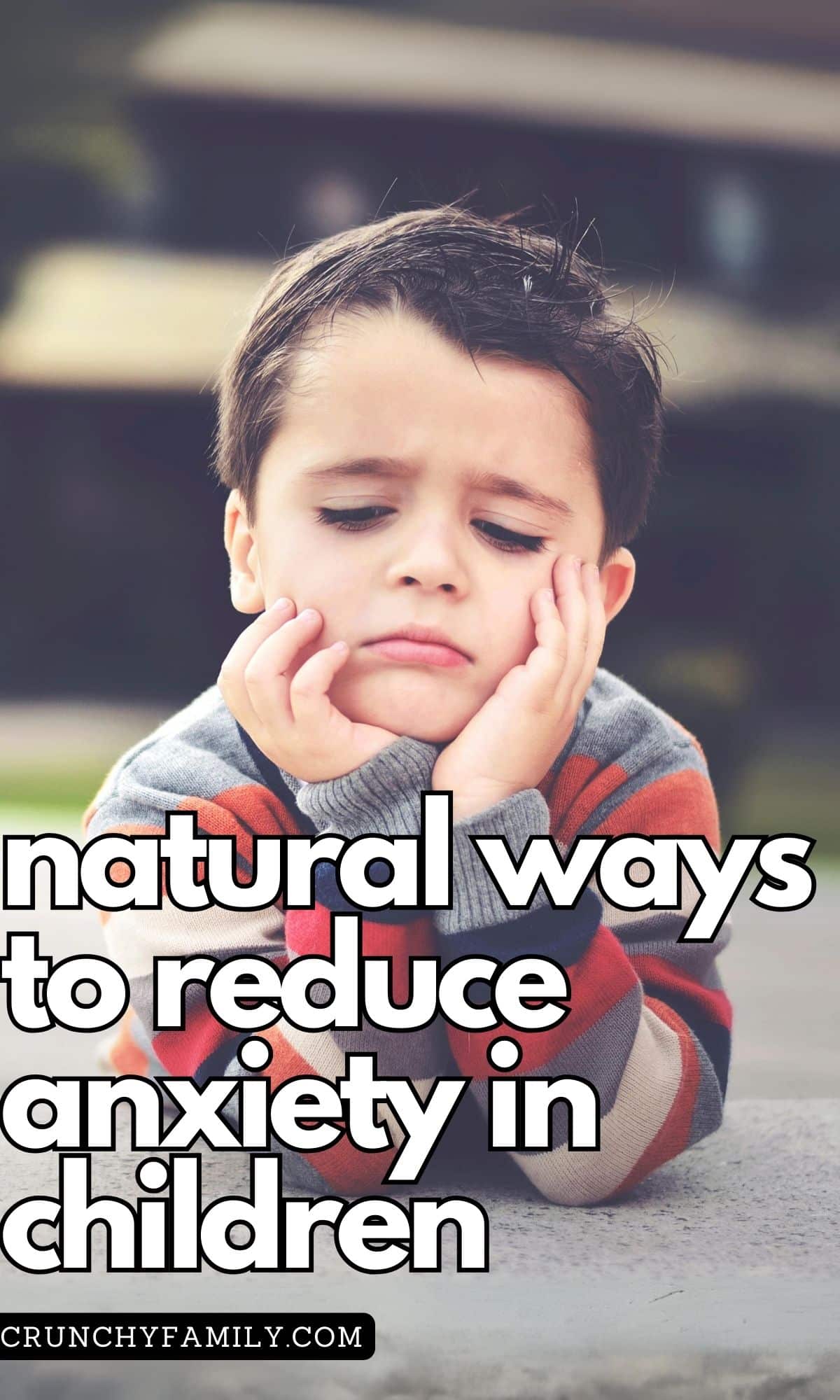
It’s essential for parents to understand that feeling anxious does not necessarily mean their child has an anxiety disorder. Instead, it’s a part of the human experience that can be managed effectively.
By teaching children emotional regulation and providing them with tools to handle anxiety in a healthy way, parents can empower their kids to face life’s challenges with resilience and confidence.
How to Help Kids Relax Their Bodies to Reduce Anxiety
When children experience anxiety, their bodies often tense up, exacerbating the feeling of unease. Teaching kids how to relax their bodies can significantly alleviate anxiety.
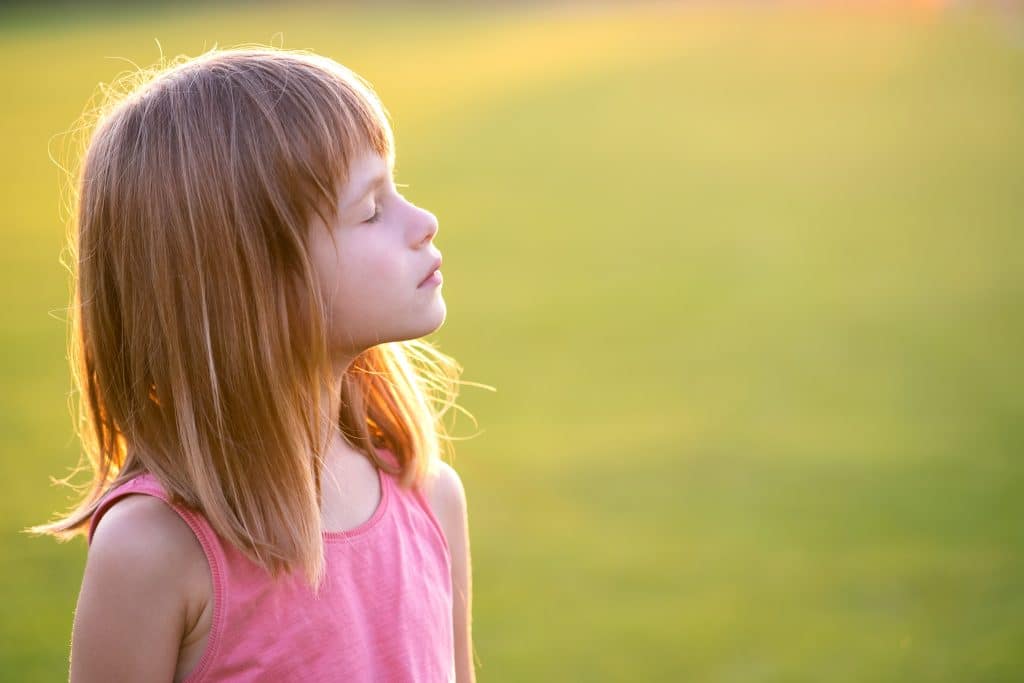
One effective method is practicing deep breathing exercises. Encourage your child to take slow, deep breaths, filling their belly with air and then exhaling slowly. This helps activate the body’s relaxation response and calms the nervous system.
Additionally, practicing relaxing stretches or yoga can loosen tight muscles and promote a sense of physical ease. Simple stretches or child-friendly yoga poses can be integrated into their daily routine to encourage relaxation.
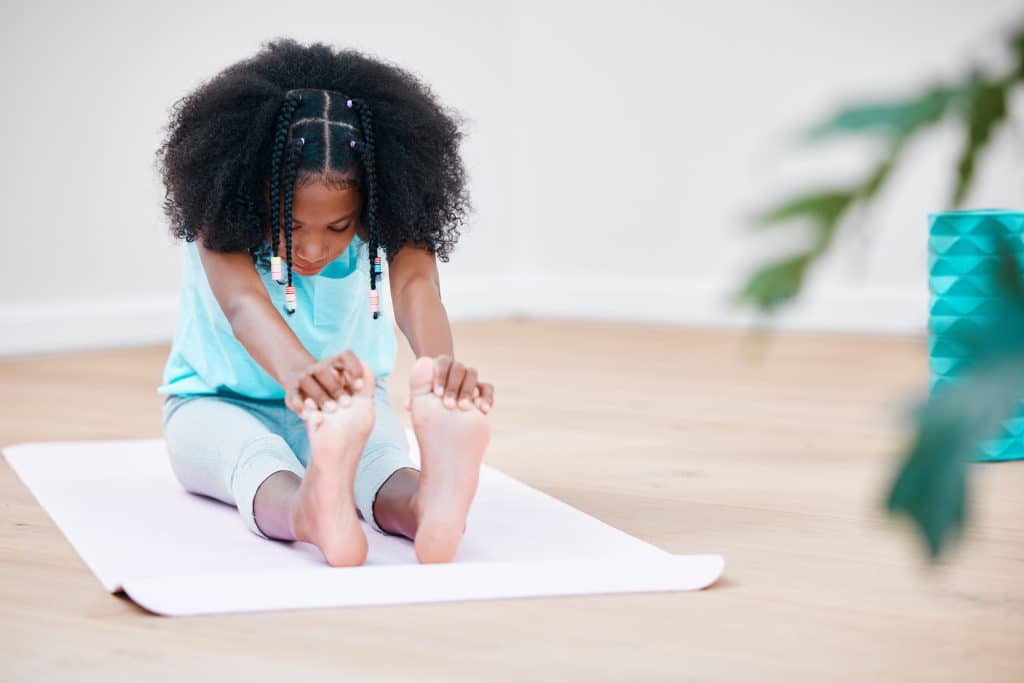
Physical touch is also a powerful tool for reducing anxiety. Giving your child hugs or gentle massages can release oxytocin, a hormone that promotes feelings of security and relaxation.
Finally, regular exercise is essential for managing anxiety in children. Physical activity helps to regulate mood, reduce stress hormones, and promote better sleep, all of which contribute to a calmer mind and body.
How to Help Kids Calm Their Minds to Reduce Anxiety
In addition to relaxing the body, calming the mind is crucial for managing anxiety in children.
Meditation is a valuable tool for teaching kids how to quiet their thoughts and focus on the present moment. There are many child-friendly meditation techniques, such as guided imagery or mindfulness exercises, that can help children cultivate a sense of inner peace.
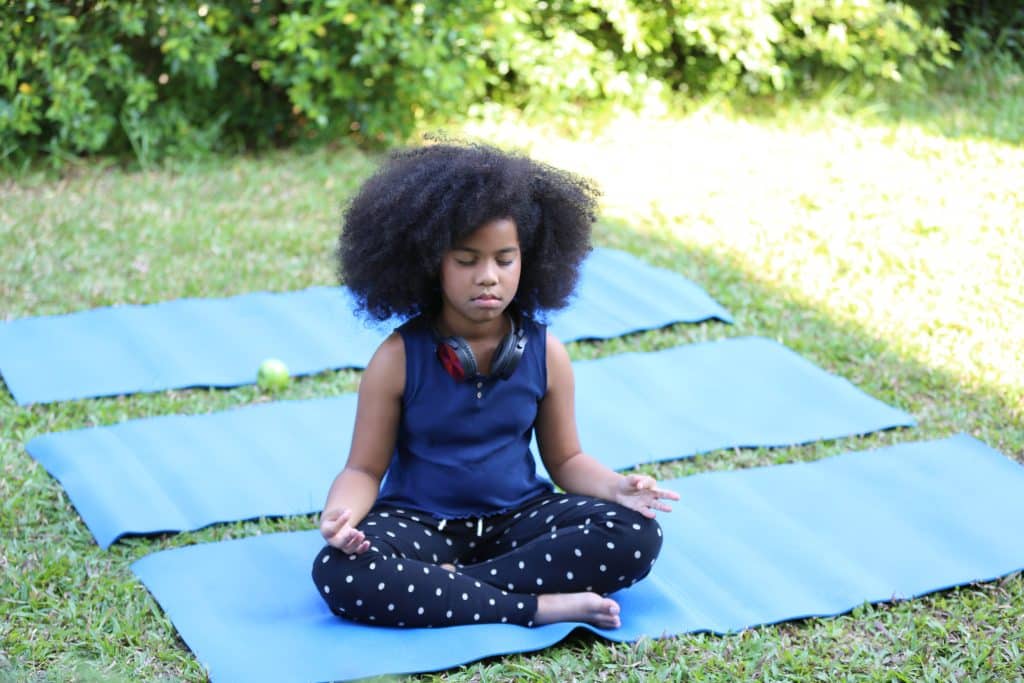
Encourage your child to visualize a happy place, where they feel safe and content. This visualization can serve as a mental refuge during times of stress or anxiety.
Listening to soothing music can also help calm a child’s mind and reduce anxiety levels. Choose gentle, instrumental music or nature sounds to create a relaxing atmosphere at home.
Additionally, keeping a gratitude journal can shift your child’s focus from worries to positive aspects of their life. Encourage them to write down things they are grateful for each day, fostering a mindset of appreciation and resilience.

How to Create a Calm Home Environment to Reduce Anxiety
The home environment plays a significant role in shaping a child’s emotional well-being. By creating a calm and supportive atmosphere, parents can help reduce anxiety in children.
Maintaining a predictable routine provides structure and stability, which are essential for anxious children. Establish consistent mealtimes, bedtime rituals, and daily routines to help your child feel secure and in control.
Limiting screen time is also important for reducing anxiety, as excessive screen exposure can overstimulate the brain and disrupt sleep patterns. Instead, encourage activities that promote relaxation and connection, such as reading together or playing board games as a family.
Diffusing calming essential oils, such as lavender or chamomile, can create a soothing ambiance in the home. These scents have been shown to reduce stress and promote relaxation. Additionally, displaying positive affirmations or inspirational quotes can help uplift your child’s mood and foster a sense of optimism.
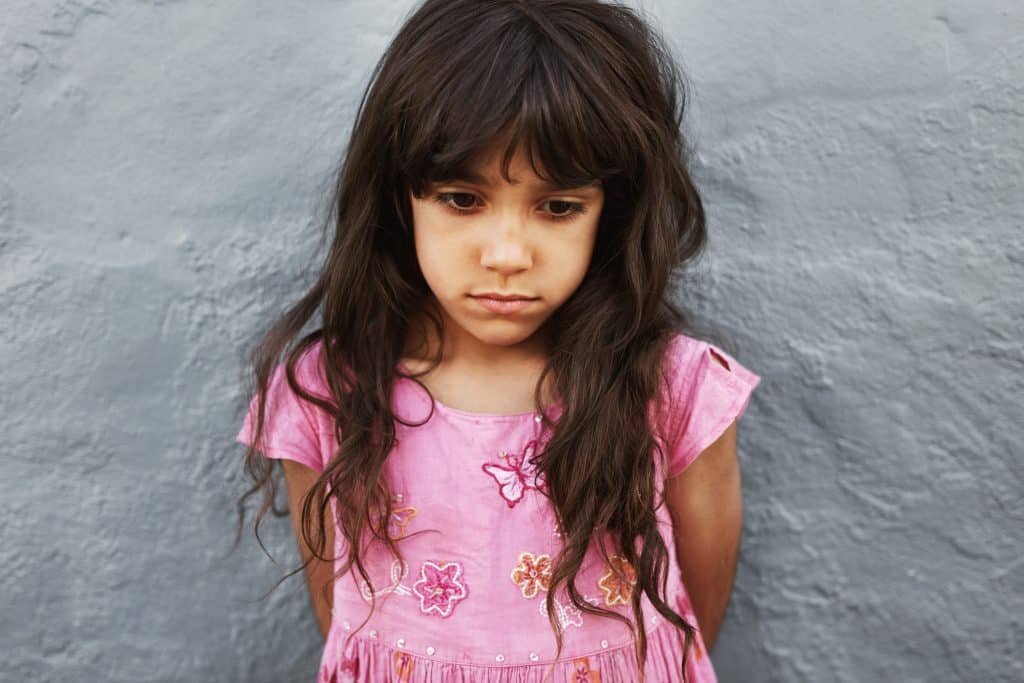
Natural Remedies for Anxiety in Kids
As well as diffusing essential oils which we just mentioned, Parents often seek natural remedies to support their children’s mental well-being and mental health especially when it comes to managing anxiety.
Certain herbal teas, such as chamomile and lemon balm, are known for their calming properties and are suitable for kids under guidance. Additionally, aromatherapy with essential oils like lavender and bergamot can further complement these efforts, creating a tranquil environment conducive to easing anxiety in children.
Incorporating relaxing scents into activities like taking a bath can also contribute to a sense of calm and relaxation for anxious kids.
Spending time in nature is another powerful way to reduce anxiety in children. The natural environment offers a serene setting where kids can unwind and connect with the outdoors, fostering a sense of peace and tranquility.
Whether it’s a leisurely stroll through the park, exploring wooded trails, or simply sitting by a babbling brook, nature provides a therapeutic escape from the stresses of everyday life.
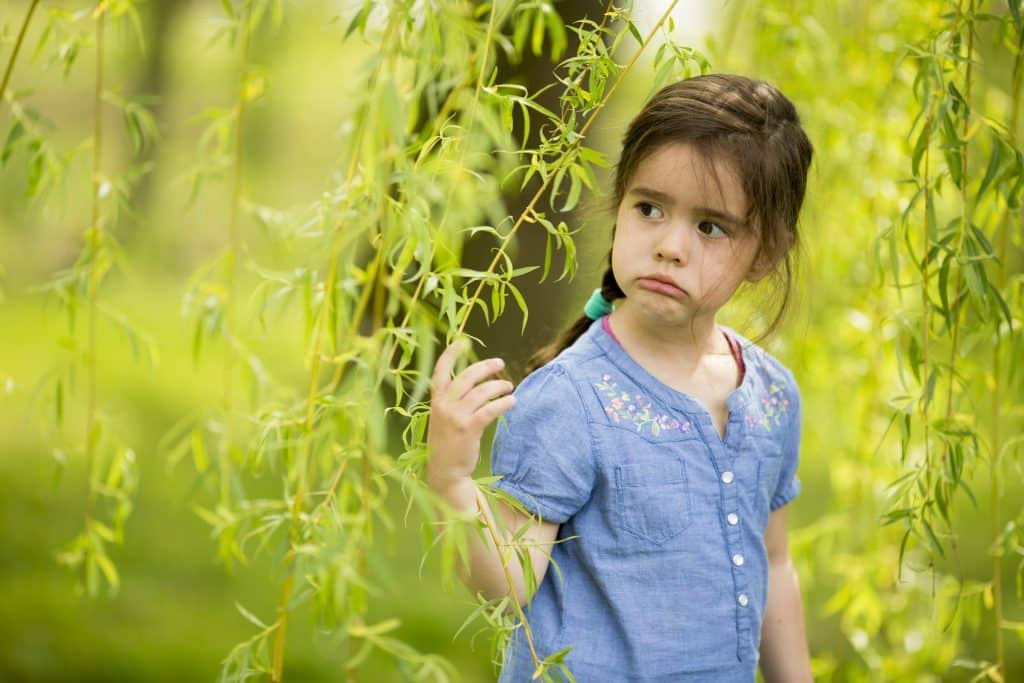
How to Teach Coping Skills to Reduce Anxiety
Equipping children with coping skills empowers them to manage anxiety effectively in various situations. Role-playing anxiety-inducing scenarios allows children to practice problem-solving and emotional regulation in a safe environment.
This can help build their confidence and resilience when faced with real-life challenges. Encourage positive self-talk by teaching your child to replace negative thoughts with affirming and encouraging statements. Help them recognize anxious thoughts and challenge them with evidence-based reasoning or alternative perspectives.
Create an open and supportive environment where your child feels comfortable expressing their worries and fears. Encourage them to talk openly about what’s on their mind and offer reassurance and guidance when needed.
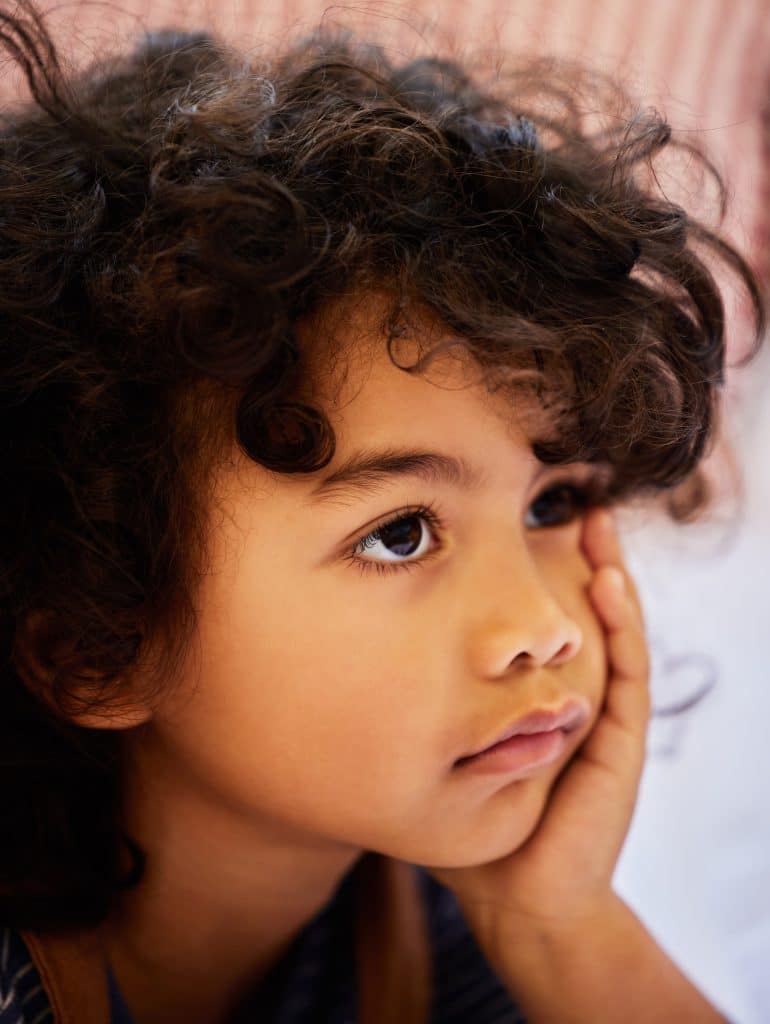
With patience and consistency, parents can implement these tips to help kids manage anxiety without medication.
The key is empowering kids with tools to find calm on their own. By teaching relaxation techniques, creating a supportive home environment, and fostering coping skills, parents can help their children navigate anxiety with confidence and resilience.
Remember, every child is unique, so be flexible and tailor these strategies to meet your child’s individual needs. With love, understanding, and support, you can help your child thrive emotionally and mentally.
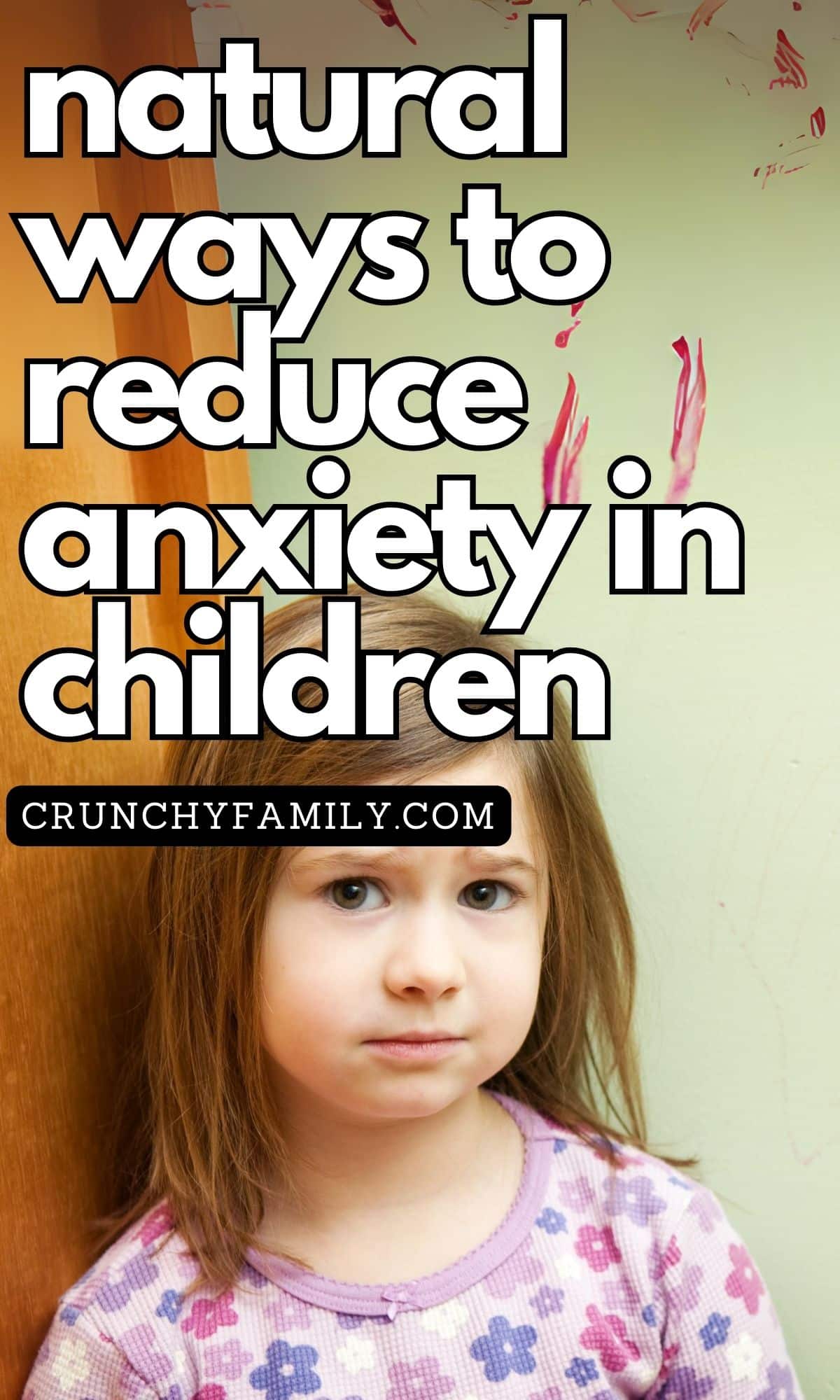
6 thoughts on “Natural Ways to Reduce Anxiety In Children”